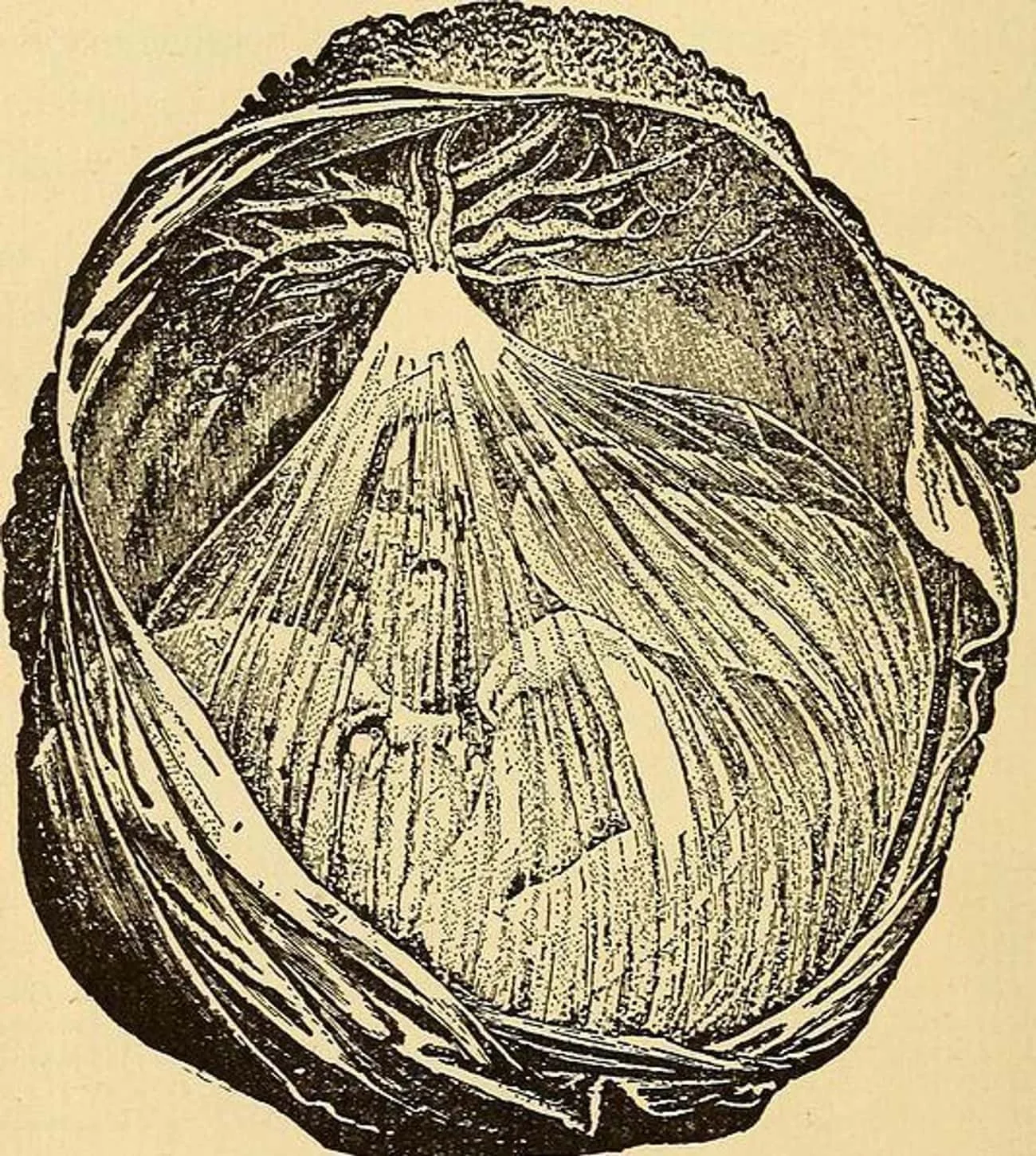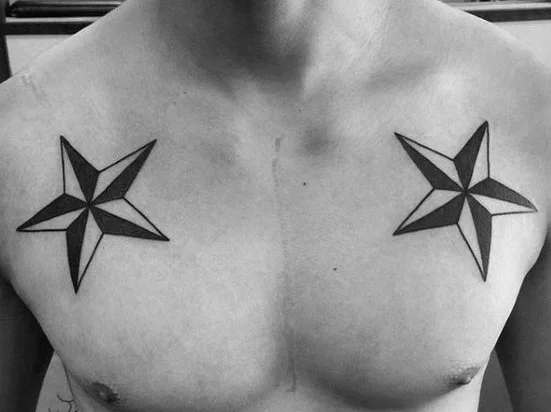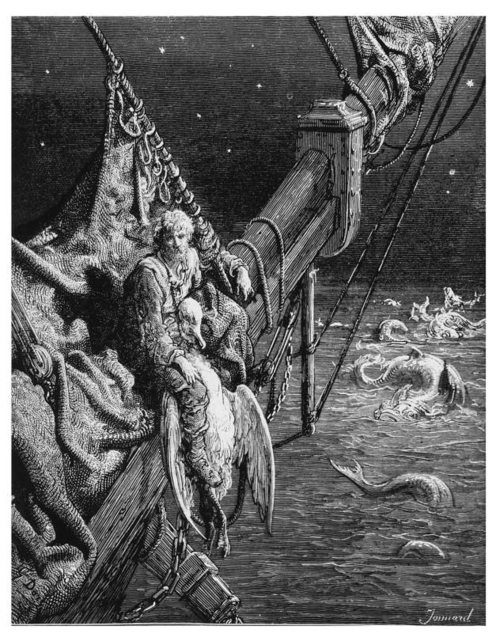Irrational Fears
Last weekend, racing was planned for both Saturday & Sunday so we thought we should stay onboard. Before we left home, we scooped up some provisions and headed down to St Kilda. When I unpacked the food, I was mildly alarmed to see a bunch of bananas, but I hid them up the back of the galley and tried to ignore them.
Now I pride myself on being a rational person. I’m a card-carrying atheist, and I’m more than happy to walk under ladders… but I don’t like to leave on a big sailing trip on a Friday, and the sight of those bananas caused a small, sharp intake of breath!
The racing didn’t go well… The Saturday race was abandoned even before we left the dock due to the Port Phillip winter calms, and the Sunday pursuit (always a random way to run a yacht race) turned into a bit of a farce with patchy light winds and a shortened course. We came off badly…. Now I’m not blaming the bananas, and I understand the difference between correlation and causation but…I’m just sayin’…
Superstitions are born in the face of the unknowable and the uncontrollable, an attempt to make sense of the world through stories, or to allay very natural human fears of things we cannot influence or understand. With that in mind it is perhaps not surprising that, as workers in a dangerous industry often at the mercy of the weather, seafarers have historically held many superstitious ideas.
Here are a lucky/unlucky thirteen things to look out for….
1. BANANNAS
The origins of this are certainly muddy, but the top three theories seem to be:
When top-heavy ships of earlier eras would sink, precious little other than the bananas they’d carried would be found floating on the surface, thereby leaving some to conclude conveyance of the fruit itself had led to these naval mishaps.
Spiders, snakes, and other poisonous vermin living among bananas carried in the hold would, on long haul trips, infest other parts of the ship.
Because the speediest sailing ships were used to get bananas to their destinations before they could spoil, those attempting to fish from them never caught anything while trolling.
Personally I like the last one!
2. A CAUL ONBOARD
In medieval times the appearance of a caul (a piece of membrane that can cover a newborn's head and face) was seen as a sign of good luck. It was considered an omen that the child was destined for greatness. Some Early Modern European traditions linked caul birth to the ability to defend fertility and the harvest against the forces of evil, particularly witches and sorcerers. Having the caul of a new-born child on board a ship was meant to prevent anyone from drowning. This meant that cauls were often purchased by sailors before a voyage.
3. TATTOOING
Sailors got tattoos as much for insurance as for decoration.
If a pig was tattooed on the left knee and a rooster on the right foot, then the tattoo represented the old saying: “Pig on the knee, safety at sea. A cock on the right, never lose a fight." These animals were usually tattooed on the feet or behind the ankles. They traditionally symbolised survival from a shipwreck, and superstitious sailors also believed that they were symbols of protection from drowning. This belief originated because both animals were often kept in wooden crates on board and, when a ship capsized, these crates would most likely get washed up to shore.
A nautical star tattoo represents the North Star, traditionally used for navigations at sea. Sailors often got tattoos of nautical stars (or "compass stars") for superstitious reasons, hoping that the stars would guide them through the night and get them home safely. A nautical star is now a symbol of protection, guidance, and good luck. Some see them as symbolic reminders for or aids in forging one's own path or navigating through certain points in one's life. The nautical star tattoo has now become popular among Navy Seals and Coast Guard members. It is usually rendered as a five-pointed star with alternating colours to mimic the colours on the compass rose found on nautical charts.
4. HAT OVERBOARD!
Losing a hat overboard was an omen indicating that the trip would be a long one… which to me seems counterintuitive because if you lose your hat, chances are its windy, and the voyage will be quick!
5. EGG SHELLS
Egg shells had to be broken into tiny pieces once an egg was cracked open. This was meant to stop witches coming to the ship to sail in the pieces of shell. (I never knew that witches sailed in eggshells!)
6. DON’T KILL AN ALBATROSS
OK.. we all know what happened to the Ancient Mariner.
'God save thee, ancient Mariner!
From the fiends, that plague thee thus!—
Why look'st thou so?'—With my cross-bow
I shot the ALBATROSS.”
Albatross are said to host the soul of dead sailors and are considered to be an omen of bad luck at sea, especially if killed.
I know this is anecdotal, but in 2005 we sailed from Brisbane to Auckland. Somewhere near Cape Reinga we were trolling a long lure that was taken by an albatross. We hauled this huge squawking bird to the transom, but there was no way we were going to be able to remove the spinner that she had swallowed. We cut the line and let her go… probably to a slow painful death. I felt sick about it for days afterwards. When we got to Auckland the boat was diagnosed with major structural issues that required a full hull re-planking. I didn’t know about this before we hooked the Albatross.
Gustave Doré’s celebrated engraving illustrating the poem
7. DAYS NOT TO SAIL
It bad luck to sail on Thursdays (God of Storms, Thor’s day) or Fridays (the day Jesus was executed), the first Monday in April (the day Cain killed Abel), the second Monday in August (the day Sodom and Gomorrah were destroyed), and 31 December (the day on which Judas Iscariot hanged himself). Then when you take into account the weather forecast it might be easier just to stay at home!
8. WHISTLING
I sailed in the 50th Sydney Hobart in 1994 with a skipper who smoked and swore and wasn’t really into safety. I presume there were life jackets on board, but nobody ever told me which locker they were in. But if you were caught whistling on board the wrath of the captain would descend! He really though you might whistle up a storm!
9. WINE
Pouring wine on the deck will bring good luck on a long voyage:
An offering to the gods. Well that’s not a problem. It happens by accident!
10. RED HEADS
Red-heads were believed to bring bad luck to a ship. If you met one before boarding, the only way to mitigate the bad luck was to speak to them before they could speak to you.
11. THROWING A STONE
A stone thrown over a vessel that is putting out to sea ensures she will never return. Its sign of disrespect to the sea, dooming the ship and all aboard.
12. DON’T LOSE THE BUCKET
Losing a mop or bucket overboard is a sign of bad luck. Well then… we are still OK
13. NEVER PAINT A BOAT GREEN
It will run aground. Oh Dear! We just did that!





